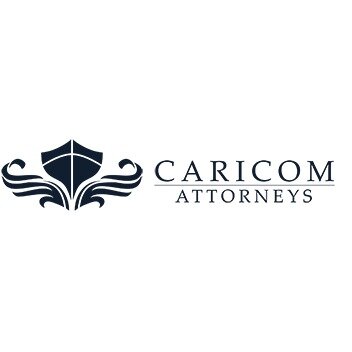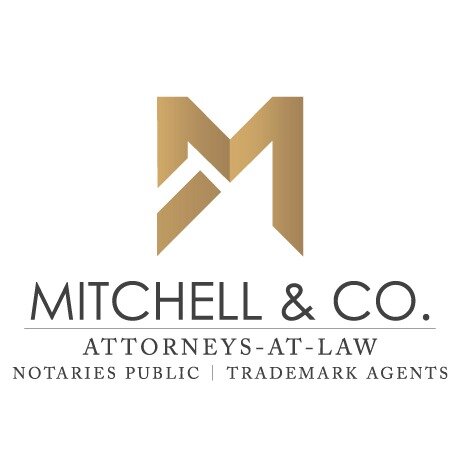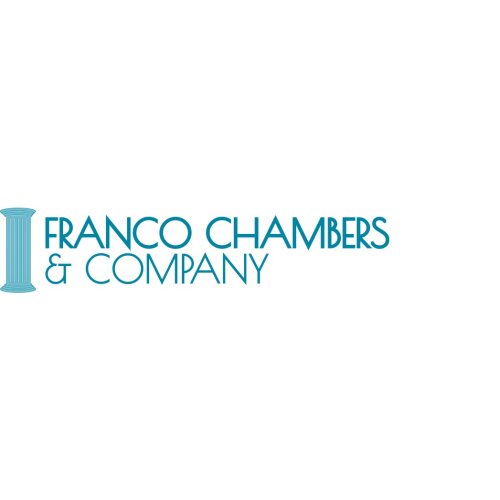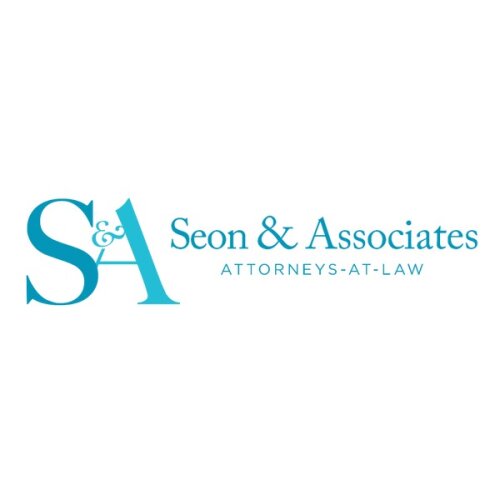Best Collaborative Law Lawyers in Grenada
Share your needs with us, get contacted by law firms.
Free. Takes 2 min.
Free Guide to Hiring a Family Lawyer
Or refine your search by selecting a city:
List of the best lawyers in Grenada
About Collaborative Law in Grenada
Collaborative Law in Grenada is a legal process where parties work together with their respective lawyers to resolve disputes outside of court. This method emphasizes communication, cooperation, and mutually satisfactory solutions.
Why You May Need a Lawyer
You may need a lawyer in Collaborative Law for various reasons, such as navigating complex legal processes, negotiating fair settlements, and protecting your rights. Additionally, legal representation can help ensure that your interests are properly represented throughout the collaborative process.
Local Laws Overview
In Grenada, Collaborative Law is recognized and regulated to ensure the proper resolution of disputes in a non-adversarial manner. The Collaborative Law Act sets out the procedures and requirements for engaging in this process, including the duty of good faith and full disclosure by all parties involved.
Frequently Asked Questions
1. What is Collaborative Law?
Collaborative Law is a process where parties work together with their lawyers to resolve disputes in a cooperative and non-adversarial manner.
2. How does Collaborative Law differ from traditional litigation?
Collaborative Law focuses on finding mutually satisfactory solutions through open communication and negotiation, while traditional litigation involves a court process where a judge makes decisions for the parties.
3. Can any legal dispute be resolved through Collaborative Law?
Most family law matters, such as divorce, child custody, and property division, can be resolved through Collaborative Law. However, certain criminal and administrative matters may not be suitable for this process.
4. How long does Collaborative Law typically take to reach a resolution?
The timeline for Collaborative Law can vary depending on the complexity of the issues involved and the willingness of the parties to cooperate. On average, it may take several months to reach a final agreement.
5. Are the outcomes of Collaborative Law legally binding?
Once a settlement is reached in Collaborative Law, it can be formalized into a legally binding agreement that is enforceable in court.
6. What are the benefits of choosing Collaborative Law over traditional litigation?
Collaborative Law allows parties to maintain control over the outcome, avoid the costs and stress of court proceedings, and preserve important relationships, especially in family disputes.
7. Is Collaborative Law confidential?
Yes, Collaborative Law proceedings are confidential, which means that discussions and negotiations cannot be used as evidence in court if the process is terminated without reaching a settlement.
8. Can I switch to traditional litigation if Collaborative Law is unsuccessful?
If the Collaborative Law process is unsuccessful, the parties will need to retain new lawyers to represent them in traditional litigation, as the lawyers involved in the collaborative process are required to withdraw from further representation.
9. How do I find a Collaborative Law lawyer in Grenada?
You can contact the Grenada Bar Association or search online for lawyers who specialize in Collaborative Law to find a qualified attorney to represent you in the process.
10. What are the costs associated with Collaborative Law in Grenada?
The costs of Collaborative Law in Grenada can vary depending on the complexity of the case and the fees charged by the lawyers involved. Parties are typically responsible for their own legal fees and any other related expenses.
Additional Resources
For more information on Collaborative Law in Grenada, you can visit the Grenada Bar Association website or contact local legal aid organizations for assistance.
Next Steps
If you require legal assistance in Collaborative Law in Grenada, it is advisable to schedule a consultation with a qualified lawyer to discuss your case and explore your options for resolving disputes collaboratively.
Lawzana helps you find the best lawyers and law firms in Grenada through a curated and pre-screened list of qualified legal professionals. Our platform offers rankings and detailed profiles of attorneys and law firms, allowing you to compare based on practice areas, including Collaborative Law, experience, and client feedback.
Each profile includes a description of the firm's areas of practice, client reviews, team members and partners, year of establishment, spoken languages, office locations, contact information, social media presence, and any published articles or resources. Most firms on our platform speak English and are experienced in both local and international legal matters.
Get a quote from top-rated law firms in Grenada — quickly, securely, and without unnecessary hassle.
Disclaimer:
The information provided on this page is for general informational purposes only and does not constitute legal advice. While we strive to ensure the accuracy and relevance of the content, legal information may change over time, and interpretations of the law can vary. You should always consult with a qualified legal professional for advice specific to your situation.
We disclaim all liability for actions taken or not taken based on the content of this page. If you believe any information is incorrect or outdated, please contact us, and we will review and update it where appropriate.
Browse collaborative law law firms by city in Grenada
Refine your search by selecting a city.












